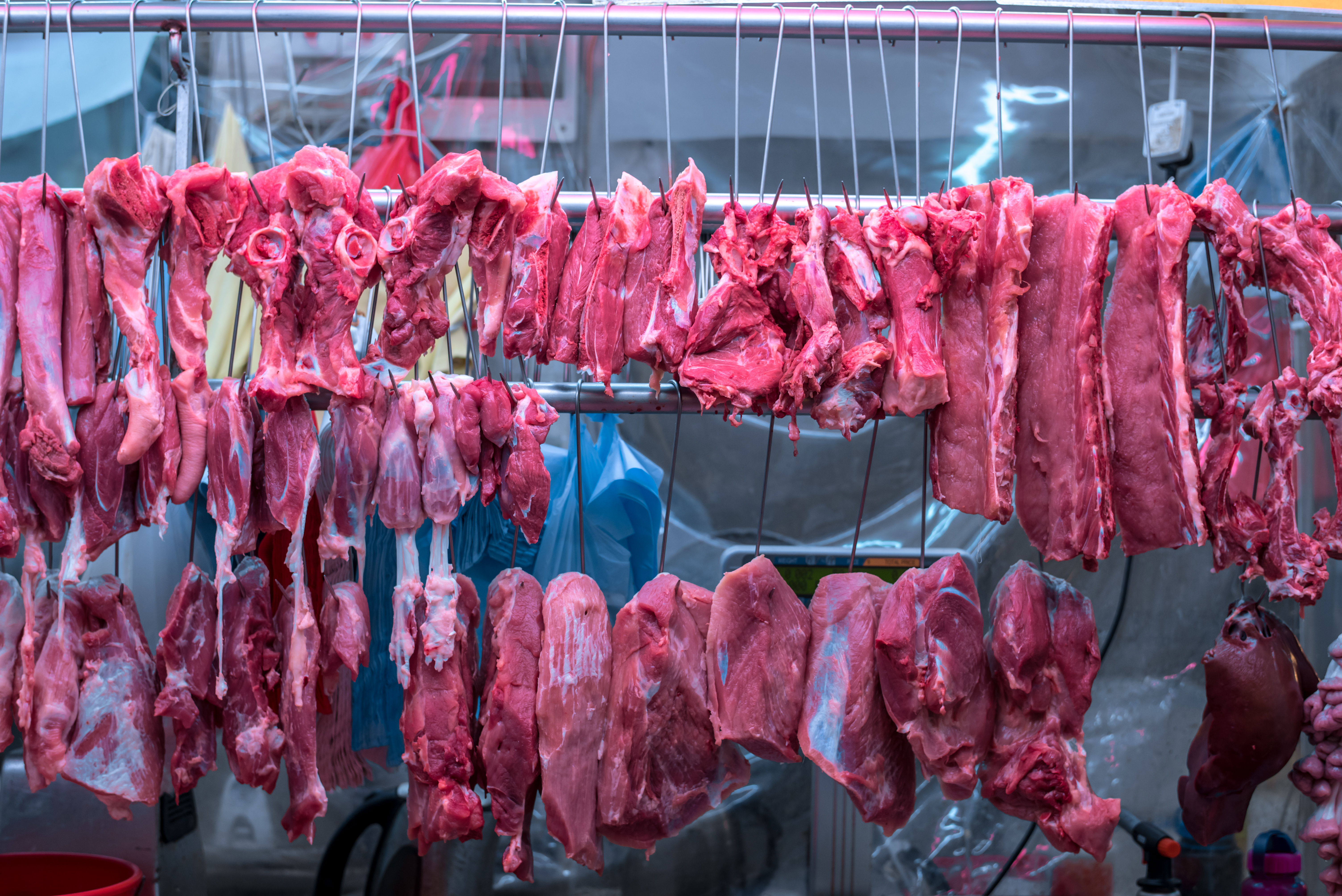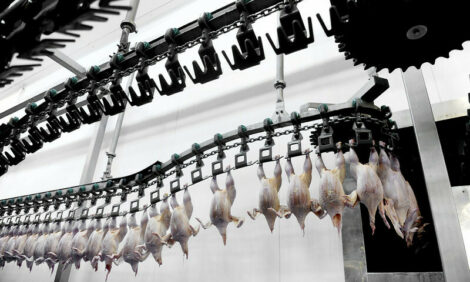



China suspends pork imports from German plant after COVID-19 outbreak
Customs documents show that China has suspended pork imports from a plant owned by German meat company Toennies.According to Reuters, the suspension comes one day after Toennies reported COVID-19 cases among workers at its plant.
On Wednesday 17 June, the company said it had stopped slaughtering at one of its plants after nearly 400 employees tested positive for the coronavirus.
China’s General Administration of Customs updated a list of approved meat exporters on Thursday 18 June to say that Toennies meat processing plant in Rheda Wiedenbrück was suspended.
Toennies was not available for immediate comment.
Earlier this week, China strengthened inspections of meat imports following a spike of COVID-19 infections that were linked to a wholesale food market in Beijing.

The suspension of imports from the German plant could pose a risk to other exporters, including major suppliers to China like the United States and Brazil where scores of plants have had coronavirus outbreaks among workers.
"This now seems like a real risk factor for the US, Brazil, or other exporters. Preventing recurrence of COVID-19 takes priority over keeping meat inflation in check," Darin Friedrichs, senior analyst at INTL FCStone, said in a note.
China's meat imports have surged this year, after a domestic shortfall pushed pork prices to record highs.
Chinese customs said on Thursday it had tested more than 30,000 samples of imported meat, seafood, vegetables and fruit between 11 to 17 June. All tested negative for the coronavirus.
The US Food and Drug Administration is not aware of any cases of the novel coronavirus being linked to meat or seafood. On Wednesday 17 June, a spokesman said the organisation is unaware of any transmission from food to packaging.
Chinese officials also said on Thursday they had found the trading sections for meat and seafood in Beijing's wholesale food market to be severely contaminated with the new coronavirus, and they suspect low temperatures and high humidity in the area may have been contributing factors.






